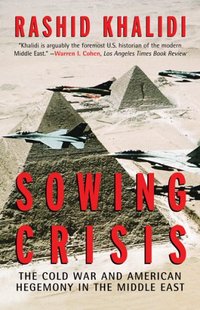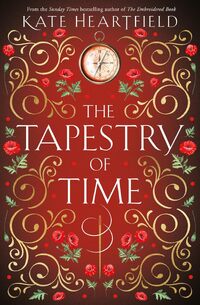

Purchase
The Cold War And American Dominance In The Middle East
Beacon Press
January 2009
On Sale: January 1, 2009
288 pages
ISBN: 0807003107
EAN: 9780807003107
Hardcover
Add to Wish List
Non-Fiction History
A lucid and provocative analysis of the legacy of the Cold
War in the Middle East During the 45 years of the Cold War,
policymakers from the United States and the Soviet Union
vied for primacy in the Middle East. Their motives, long
held by historians to have had an ideological thrust, were,
in fact, to gain control over access to oil and claim
geographic and strategic advantage. In his new book, Rashid Khalidi, considered the foremost
U.S. historian of the Middle East, makes the compelling case
that the dynamics that played out during the Cold War
continue to exert a profound influence even decades after
the collapse of the Soviet Union. The pattern of superpower
intervention during the Cold War deeply affected and
exacerbated regional and civil wars throughout the Middle
East, and the carefully calculated maneuvers fueled by the
fierce competition between the United States and the USSR
actually provoked breakdowns in fragile democracies. To
understand the momentous events that have occurred in the
region over the last two decades-including two Gulf wars,
the occupation of Iraq, and the rise of terrorism-we must,
Khalidi argues, understand the crucial interplay of Cold War
powers there from 1945 to 1990. Today, the legacy of the Cold War continues in American
policies and approaches to the Middle East that have shifted
from a deadly struggle against communism to a War on Terror,
and from opposing the Evil Empire to targeting the Axis of
Evil. The current U.S. deadlock with Iran and the upsurge of
American-Russian tensions in the wake of the conflict in
Georgia point to the continued centrality of the Middle East
in American strategic attention. Today, with a new
administration in Washington, understanding and managing the
full impact of this dangerous legacy in order to move
America toward a more constructive and peaceful engagement
in this critical arena is of the utmost importance.
Comments
No comments posted.
Registered users may leave comments.
Log in or register now!
| 


 © 2003-2025 off-the-edge.net
all rights reserved Privacy Policy
© 2003-2025 off-the-edge.net
all rights reserved Privacy Policy